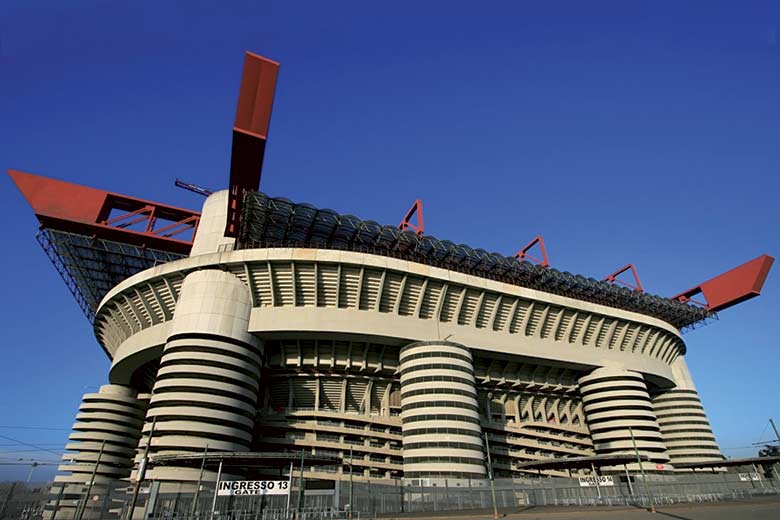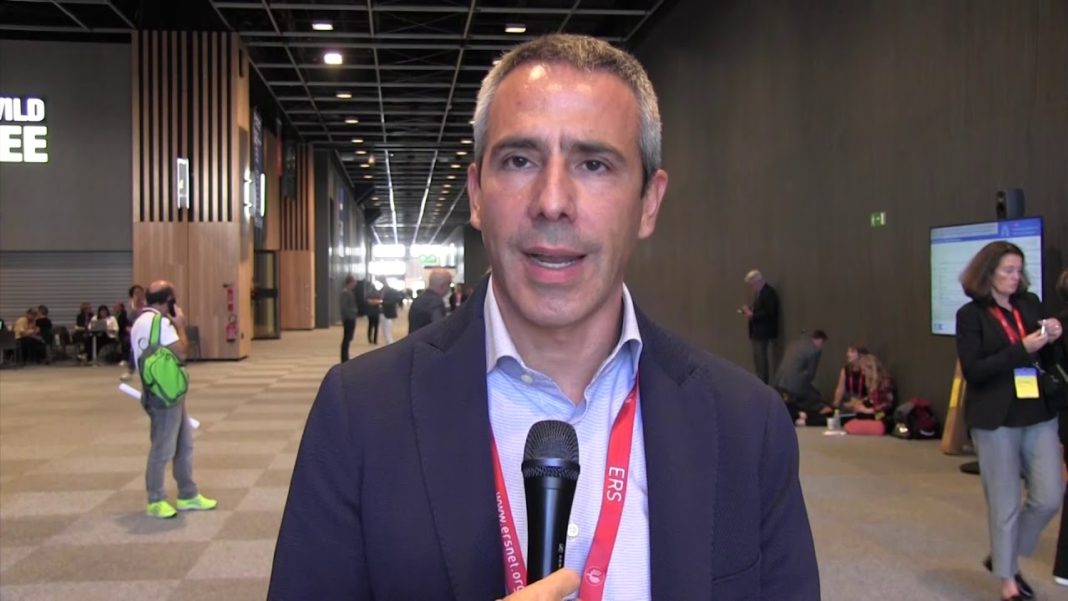- “The European Champions League game in the middle of February was a biological time bomb,” says Dr Fabiano di Marco, chief of pulmonology at the Bergamo hospital in Italy, north east of Milan.
On the night of the game, in mid-February, people across Europe were excited as Atalanta took on Valencia in the 1st leg of a last 16 tie in the European Champions League. Over a month later people are still excited, but now for very different reasons.
In Italy, more and more people are saying that the match is the key to understanding the spread of the pandemic in the Lombardy area. “That meeting was a biological time bomb,” says Dr Fabiano di Marco, chief of pulmonology at the Bergamo hospital. “It was the main trigger in the spread of the coronavirus.”
The game was played in Milan, a historic occasion for Atalanta, who were playing in the Champions League for the very first time.

At that time there was very little concern: the airports in Bergamo and Milan were operating normally and the only control for visitors was a check of their temperature. The 2,500 Valencianists who were in the stands of San Siro landed and made their way to the ground. Many others also travelled by road, spending a short break visiting the attractions of Milan. No restrictions. Nothing.
On the afternoon 19 February, the city would become a ‘mini-Bergamo’. 40,000 followers of the Atalanta drove the 60 kilometres to Milan to cheer on Gasperini’s team, which Atalanta won comfortably. On returning back home in Spain, for the Valencianists, there were no more checks at the airport terminals: no temperature controls nor any other measure related to the coronavirus.
Now, a month later, with Italy and Spain as two global focus points of the pandemic, the authorities are turning to that Champions League football match to try to understand if it was the origin of the massive contagion.
During the days following the game, the first positive test was carried out on a journalist who covered the San Siro duel and who was confirmed to have the virus and in the following days more people would fall ill from the virus as a result of that game. In Lombardia the disease was wreaking havoc and in Bergamo there is not enough space to bury the dead.
The second leg tie was still played at Mestalla despite the virus having taken a firm hold of Milan and Bergamo. Valencia took steps to prevent spread within the changing rooms and Atalanta complied with UEFA’s ruling. The footballers did not speak to the media, the match was played behind closed doors but even so, the virus established itself in the ground until it infected 35% of the staff.
That clash in Valencia’s Mestalla stadium was played on March 10.
Four days earlier, in the Mendizorroza stadium, Valencia played against Deportivo Alavés, coincidentally perhaps, but now with 20 confirmed cases, another of the clubs which is now hardest hit by the pandemic.





